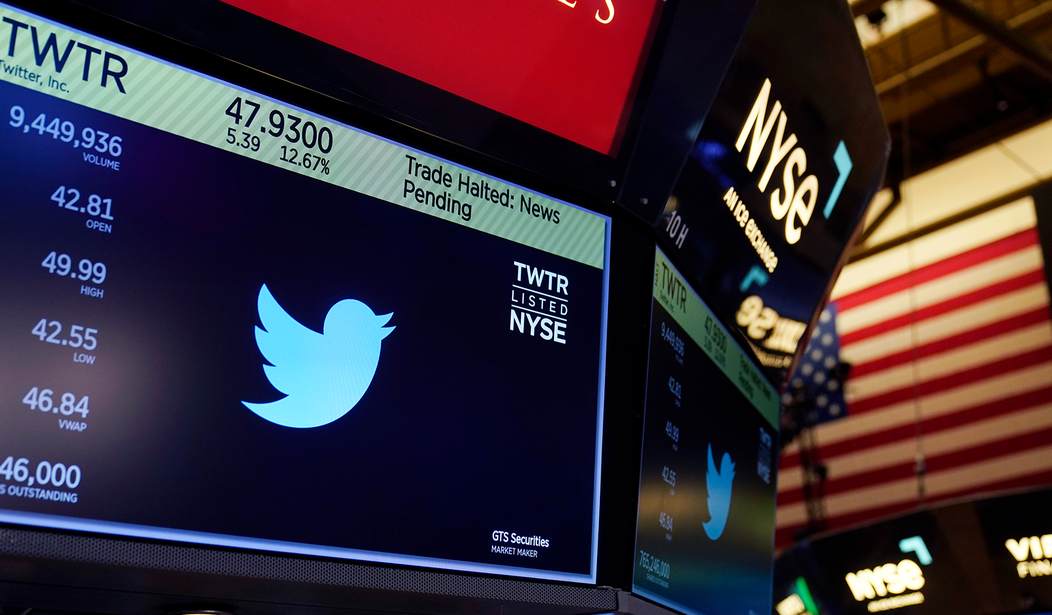After the initial flurry of cheers, jeers, protests, and complaints over Elon Musk’s decision to remove all users’ blue checkmarks (well… almost all, but we’ll get to that in a moment) except for subscribers to Twitter Blue, I had thought the issue was resolved. But that may have been a premature assumption. Questions have been raised as to whether or not the Federal Trade Commission should be looking into how the policy would roll out and if Musk could be running into some legal trouble. That may sound like a rather frivolous waste of time by the FTC at first glance, but there really might be something to this complaint. And it all comes down to the few celebrity accounts that Musk allowed to retain their blue checks without paying for them. (Futurism)
Turns out that Twitter CEO Elon Musk’s blue check rollback might be more than just messy. According to some legal experts, it might actually end up getting the billionaire into regulatory trouble with the US Federal Trade Commission (FTC).
To recap: late last week, Mr. Tweet finally rolled back the company’s legacy verification system, supposedly leaving the platform’s coveted blue verification checks to Twitter Blue subscribers. Some non-subscribing Twitter users, however — mostly celebrities like Stephen King and Lebron James, in addition to some other popular accounts — were shocked to discover when they logged on that their blue check was somehow still there, even though they weren’t coughing up $8 a month to keep it.
In the interest of transparency, I had been seriously considering signing up for Twitter Blue during the transition period and discussed it with Ed Morrissey. I was leaning that way because I appreciated Musk’s attitude toward free speech and, as a capitalist, I understand that a business has to remain profitable if it’s going to stick around. Plus, eight bucks per month didn’t seem like much to pay for something that I use every day.
But when Elon started talking about how all of the legacy blue checks were some sort of entitled group of oppressors who were gobbling up rights and privileges not available to the “common man” and he was riding to the rescue to save them, I lost my taste for the project. When my blue check disappeared after having it for ten years, I honestly didn’t even notice. My follower count didn’t go down. (Actually, it’s gone up a bit.) And I was still interacting with the same people I generally do on a daily basis. I may reconsider in the future.
Returning to Musk’s potential FTC issues, they relate to his decision to leave the blue checks on the accounts of Lebron James, William Shatner, and Stephen King. None of them are paying for Twitter Blue. Musk claims that he is “paying for the accounts” out of his own pocket, but that’s just laughable. His programmers can flip the blue checks on and off as he wishes without having to toss in eight dollars.
So what’s the problem? Well, those three people are celebrities with massive followings. Celebrity brings its own sort of value to the table in marketing terms. People might look at those accounts and see the blue check and think, ‘Well, if Lebron is doing it, maybe I will too.’ In other words, he could be using the names of those famous people as a form of free marketing without their permission. And Stephen King already seems pretty ticked off at him.
It’s also worth noting that when Musk bought Twitter, he “inherited” two FTC consent decrees from the previous owners. (Those are warnings issued by the Federal Trade Commission over insufficient cybersecurity standards.) And as the linked report notes, it may be a case of “three strikes and you’re out.” So Mr. Musk may want to tread carefully here.








Join the conversation as a VIP Member